Africa in 2025 offers travelers more than beautiful scenery or wildlife encounters. It’s a continent defined by people, languages, and traditions that continue to shape everyday life. With more than 2,000 spoken languages and countless local customs, cultural travel in Africa gives visitors the chance to experience a depth of diversity found nowhere else.
Across the continent, travelers are moving beyond classic safaris to discover authentic cultural experiences – from learning Berber weaving in Morocco to joining a coffee ceremony in Ethiopia or visiting a Zulu village in South Africa. These experiences reveal how culture remains a central part of African life, connecting communities across regions and generations.
In this guide, we’ll look at what makes each region unique – North, West, East, and Southern Africa – and how local traditions, festivals, and crafts give travelers a closer understanding of the continent’s identity.
North Africa: Culture Shaped by History and Heritage
North Africa is often described as a crossroads – where Africa, the Middle East, and the Mediterranean meet. The region’s culture reflects that blend: Arabic call to prayer echoing through ancient cities, Berber traditions alive in mountain villages, and centuries-old trade routes that shaped food, art, and architecture. For travelers, this makes North Africa one of the most rewarding regions for cultural travel in Africa.
Morocco

Morocco remains a standout for travelers interested in both history and local life. Cities like Marrakech and Fez balance modern tourism with authentic traditions. Visitors can join guided tours through medinas, learn to prepare couscous or tagine in small-group cooking classes, and watch artisans craft pottery and leather goods in local workshops.
Cultural events such as the Fes Festival of World Sacred Music highlight Morocco’s deep artistic roots. The country’s mix of Berber, Arab, and French influences gives travelers insight into how North African identity has evolved over centuries.
Egypt

Egypt’s culture goes beyond its ancient monuments. While the Pyramids of Giza and Luxor’s temples remain essential stops, daily life in Cairo’s markets or rural villages offers a closer look at living traditions. Traditional music, crafts, and storytelling remain a part of everyday culture. Local tours often include visits to family-run pottery studios, small cafes serving traditional koshari, and cultural centers promoting Arabic calligraphy and dance.
Tunisia

Tunisia combines coastal charm with deep history. Visitors can explore UNESCO-listed sites like Carthage and El Djem, then experience village life in the inland areas where Berber communities maintain old crafts such as weaving and pottery. Hammamet and Sidi Bou Said attract travelers looking for a mix of relaxation and cultural immersion.
Across North Africa, local hospitality and craftsmanship are central to travel experiences. Whether it’s learning a few words of Arabic in a market or sharing tea with a Berber family, visitors are welcomed not as spectators but as guests – a reminder that culture here isn’t just preserved, it’s lived.
For travelers interested in cultural travel in Africa, North Africa offers some of the richest examples of history blending with modern life.
West Africa: Rhythm, Spirit, and the Power of Community
West Africa is often described as the cultural heartbeat of the continent. Music, dance, and storytelling are not performances here – they’re part of daily life. The region’s hundreds of languages and ethnic groups have shaped unique identities that remain visible in art, food, and festivals across countries like Ghana, Nigeria, and Mali.
Ghana

Ghana is one of the best introductions to West African culture for first-time visitors. The country combines history, hospitality, and vibrant creativity. In coastal cities like Accra and Cape Coast, travelers can explore the legacy of the transatlantic slave trade at Cape Coast Castle, one of Africa’s most powerful heritage sites.
Away from the coast, local festivals such as Homowo (a harvest celebration) and Chale Wote Street Art Festival bring communities together through music, dance, and visual art. Visitors can join drumming and kente-weaving workshops, or stay in community-run lodges where local guides introduce them to traditional customs.
Nigeria

Nigeria’s cultural diversity is as striking as its energy. More than 500 languages are spoken across the country, and each region offers something distinct – from Yoruba beadwork and masquerade dances in the southwest to Hausa architecture and crafts in the north.
The Lagos Afrobeat Festival celebrates the country’s global influence through music and food, while cities like Abuja and Lagos have emerging art districts that blend traditional and contemporary expression. Travelers can explore local markets, attend drumming classes, and experience Nigeria’s well-known social gatherings centered around food and storytelling.
Mali

Mali’s history as a center of learning and empire is still visible today. Cities like Timbuktu and Djenné, both UNESCO World Heritage Sites, remain symbols of West Africa’s intellectual and architectural past. In the rural north, traditional Tuareg music and festivals like the Festival au Désert highlight the region’s nomadic heritage.
For visitors, traveling in Mali offers a deeper look at how culture endures despite challenges – a testament to community and creativity that continues to define the region.
West Africa is often the heart of cultural travel in Africa, where every festival and gathering celebrates community through music, food, and tradition.. Whether in a crowded market, a village celebration, or a night of drumming by firelight, travelers quickly learn that community is central to life here. Every experience – from tasting jollof rice to learning a local rhythm – becomes a way to share in that collective spirit.
East Africa: Shared Stories and Living Traditions
East Africa offers travelers a chance to experience some of the continent’s oldest traditions still practiced in everyday life. The region’s cultural landscape stretches from Ethiopia’s highlands to Kenya’s savannas and Tanzania’s coastal islands – each shaped by language, storytelling, and community.
Ethiopia
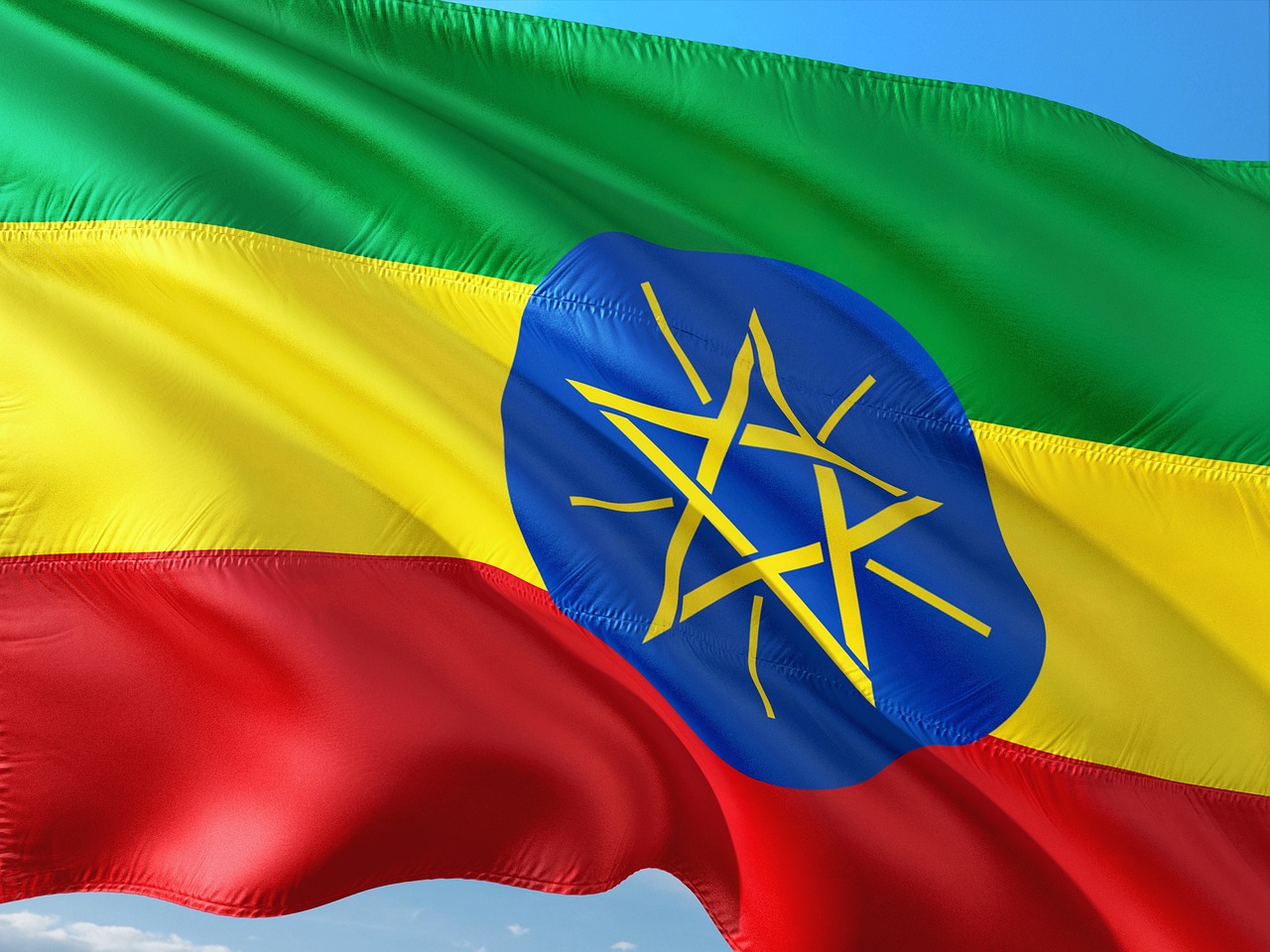
Ethiopia’s culture is distinct in both history and identity. As one of the world’s oldest nations, it has maintained ancient traditions that continue to influence daily life. In the highland city of Lalibela, travelers can visit the famous rock-hewn churches – still active places of worship carved directly into stone.
Coffee holds special meaning here, with traditional coffee ceremonies bringing families and guests together several times a day. Visitors can also experience Ethiopia’s diverse music and cuisine, from the communal meal of injera to traditional folk dances performed during festivals like Timkat (Epiphany).
Kenya
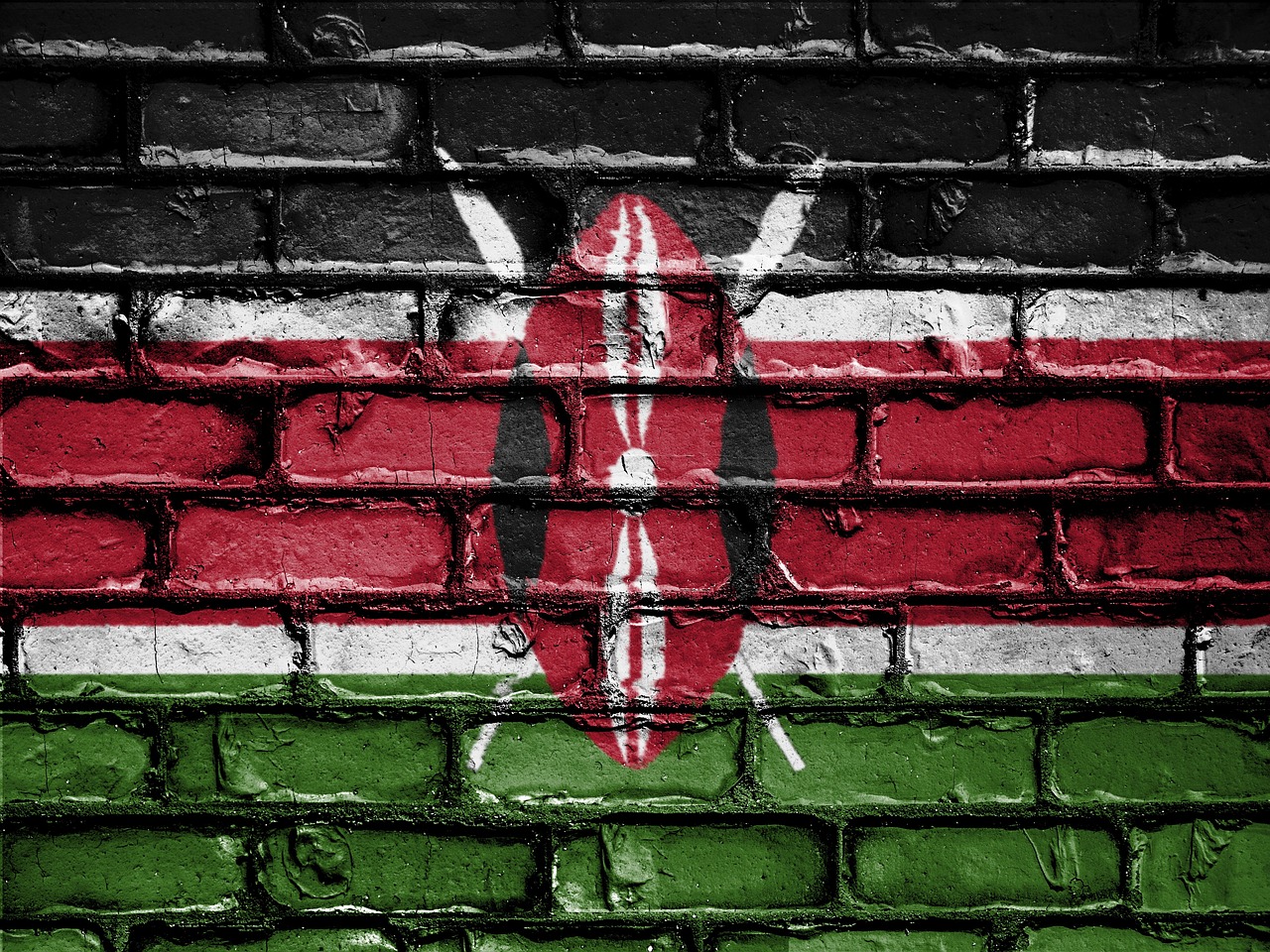
Kenya’s culture is as diverse as its landscapes. Beyond safaris, travelers can meet the Maasai and Samburu communities in local villages, where elders share stories, dances, and crafts that have been passed down for generations. In Nairobi, cultural tours explore contemporary art and music influenced by these same traditions.
Swahili culture on Kenya’s coast – particularly in Mombasa and Lamu – reflects centuries of trade between Africa, Arabia, and Asia. Visitors can explore old towns with carved wooden doors, sample Swahili cuisine, and join dhow sailing excursions that link the past with modern-day life.
Tanzania
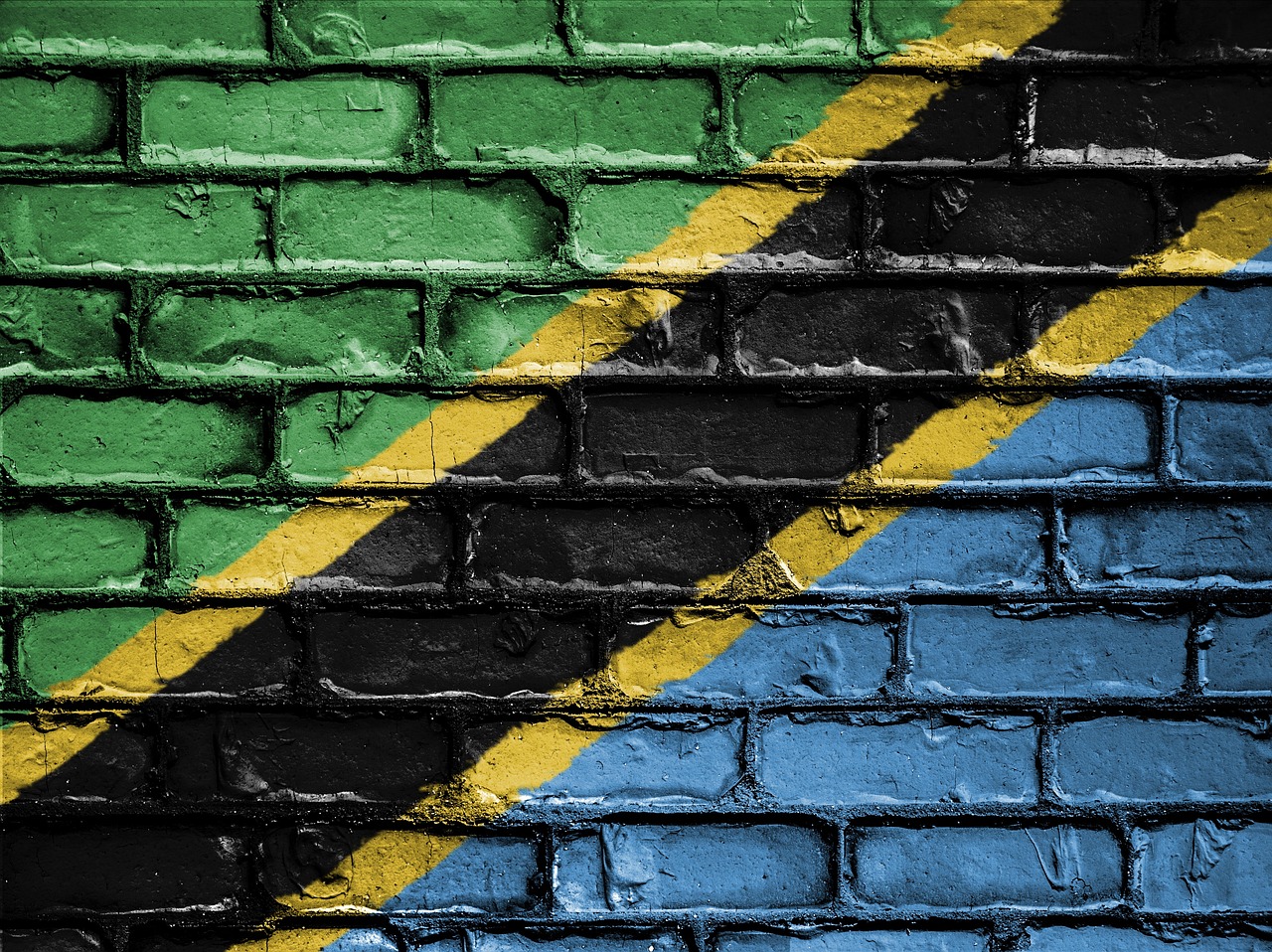
Tanzania’s culture blends more than 120 ethnic groups into one national identity. The island of Zanzibar, long a center of trade, offers a unique mix of African, Arab, and Indian influences visible in its architecture, food, and music. In Stone Town, travelers can visit spice markets, listen to Taarab music, and walk streets that have changed little for centuries.
On the mainland, visitors can spend time in rural villages near Mount Kilimanjaro or Lake Victoria, where community-based tourism projects allow guests to take part in cooking, farming, and local crafts.
Across East Africa, travelers find that culture is not confined to museums or performances – it lives in homes, markets, and conversations. Each encounter reveals a story about how people have adapted, shared, and preserved their heritage across generations.For anyone exploring cultural travel in, East Africa stands out for its living heritage and diverse languages that connect people across borders.
Southern Africa: Heritage in Motion
Southern Africa offers a mix of deep-rooted traditions and modern creativity. Here, cultural travel connects visitors with both history and contemporary life – from Zulu ceremonies and township art to indigenous food experiences and world-class music festivals. The region’s openness to visitors makes it one of the most accessible for travelers interested in authentic cultural encounters.
South Africa

South Africa’s diversity is often summed up in its nickname: the Rainbow Nation. The country’s 11 official languages reflect the variety of cultures that coexist within its borders. Travelers can experience Zulu and Xhosa traditions through village tours and dance performances, while urban areas like Cape Town and Johannesburg highlight a creative cultural revival.
Cape Town’s Bo-Kaap district and nearby townships host cooking and art workshops led by locals, while Robben Island offers historical context that ties South Africa’s past to its present identity. Festivals such as the Cape Town International Jazz Festival and National Arts Festival in Makhanda celebrate the country’s growing global influence in art, music, and design.
Namibia
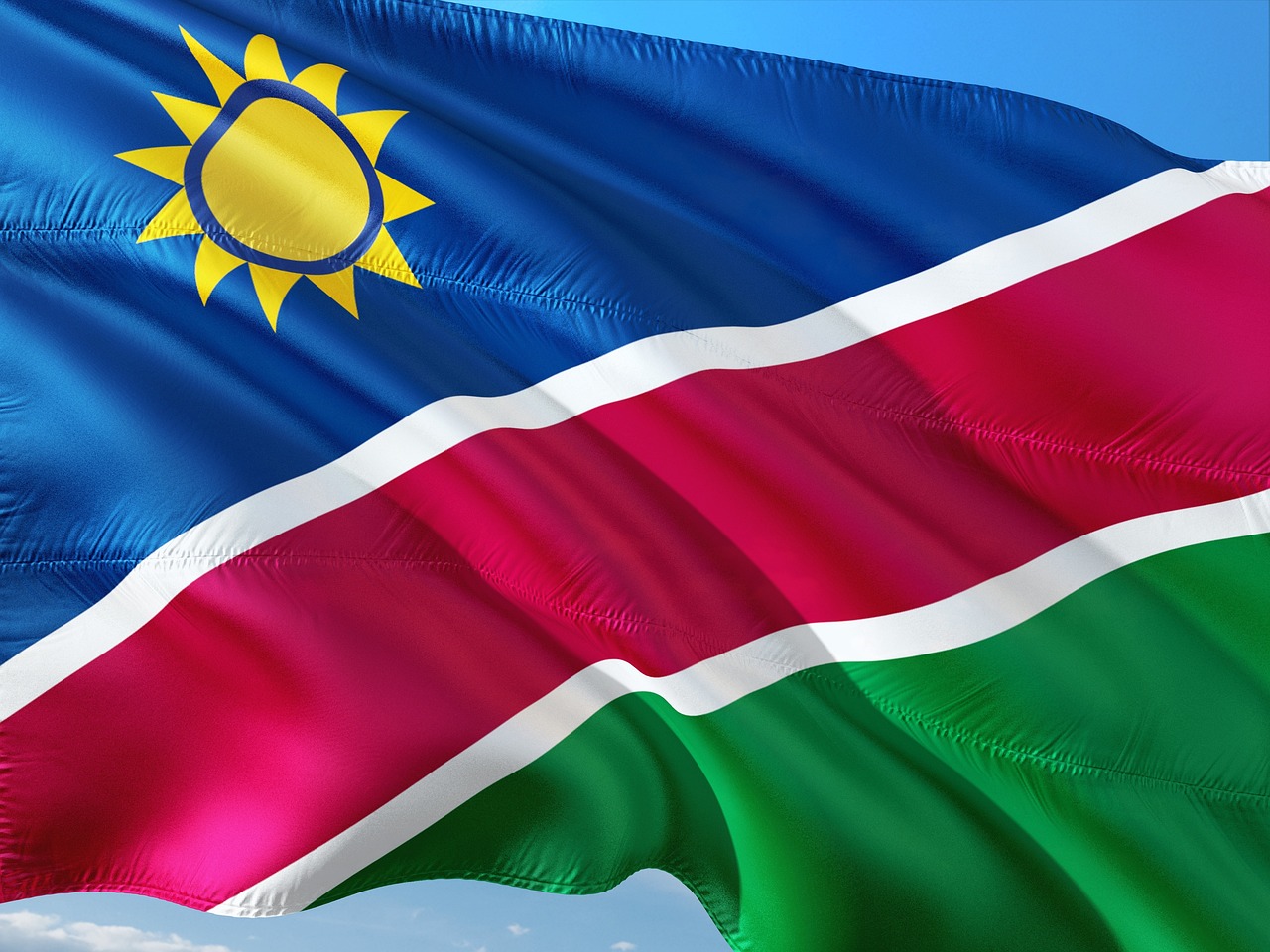
Namibia’s cultural landscape is defined by both indigenous heritage and its striking natural environment. The Himba and San (Bushmen) communities continue to live according to traditional ways of life, and visitors can learn about their history through community visits and storytelling sessions.
In cities like Windhoek and Swakopmund, travelers find modern cultural events and markets that showcase crafts, beadwork, and local fashion. The country’s strong emphasis on sustainable tourism makes it a great example of how modern travel can support traditional livelihoods.
Botswana and Zimbabwe

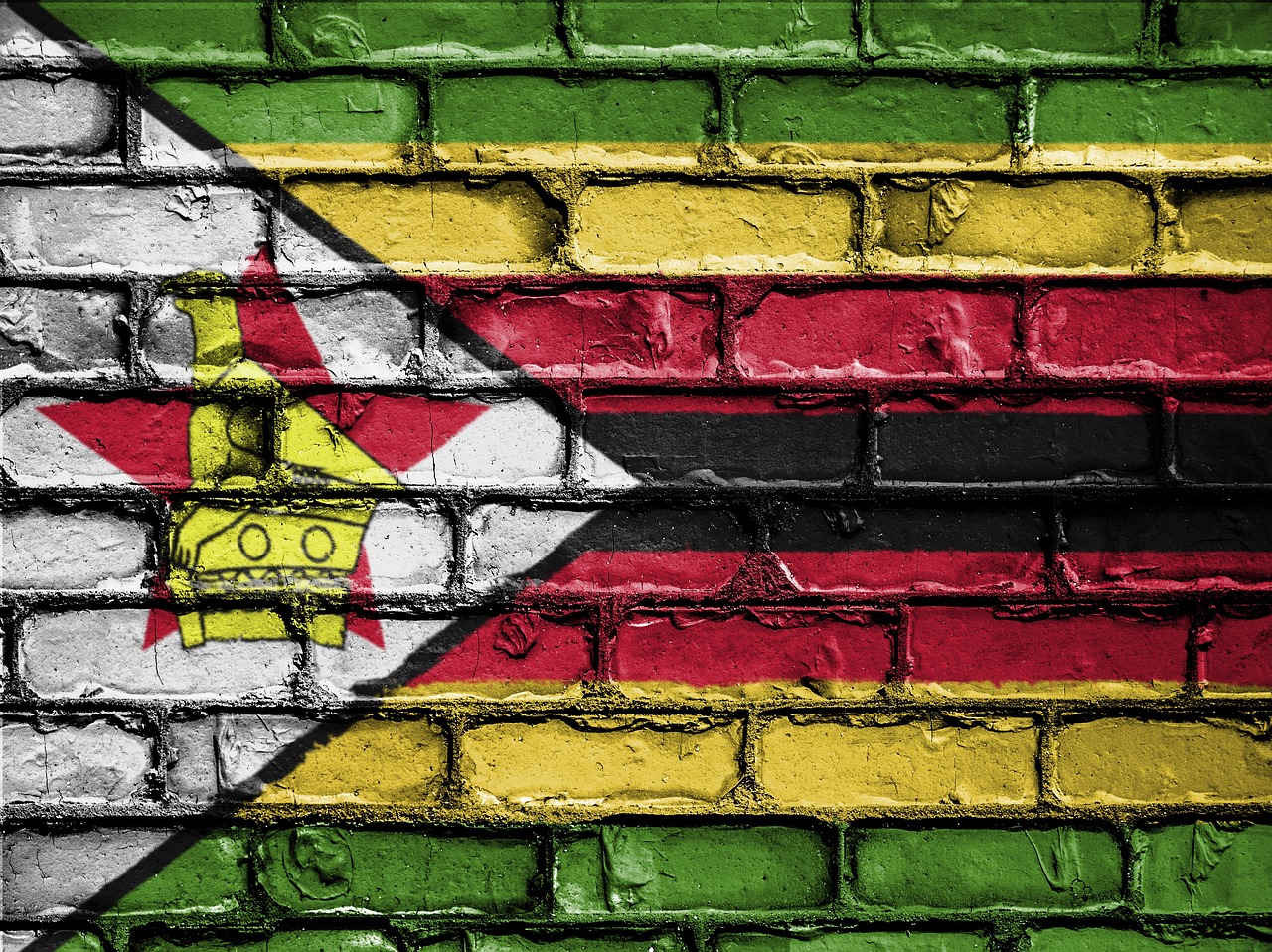
Both Botswana and Zimbabwe blend cultural depth with ecological awareness. In Botswana, travelers can visit San villages near the Okavango Delta, where guides explain how oral traditions and survival skills have shaped the community’s connection to nature.
In Zimbabwe, cultural heritage is tied to history. Sites like Great Zimbabwe, once the center of a powerful medieval kingdom, remain symbols of African resilience and ingenuity. Local communities around the ruins host dance and storytelling evenings that share their ancestors’ legacy.
Mauritius

Off Africa’s southeastern coast, Mauritius offers a different cultural experience shaped by migration and trade. African, Indian, Chinese, and European influences converge in festivals, languages, and food. Visitors can explore markets in Port Louis, attend traditional Sega dance performances, or visit heritage plantations that tell the story of the island’s complex cultural identity.
Across Southern Africa, travelers find a region that embraces both tradition and progress. It’s a place where culture evolves while staying connected to its roots – and where visitors can see, hear, and taste that balance firsthand. It continues to redefine cultural travel in Africa through its balance of preserved traditions and contemporary creativity.
Food Culture
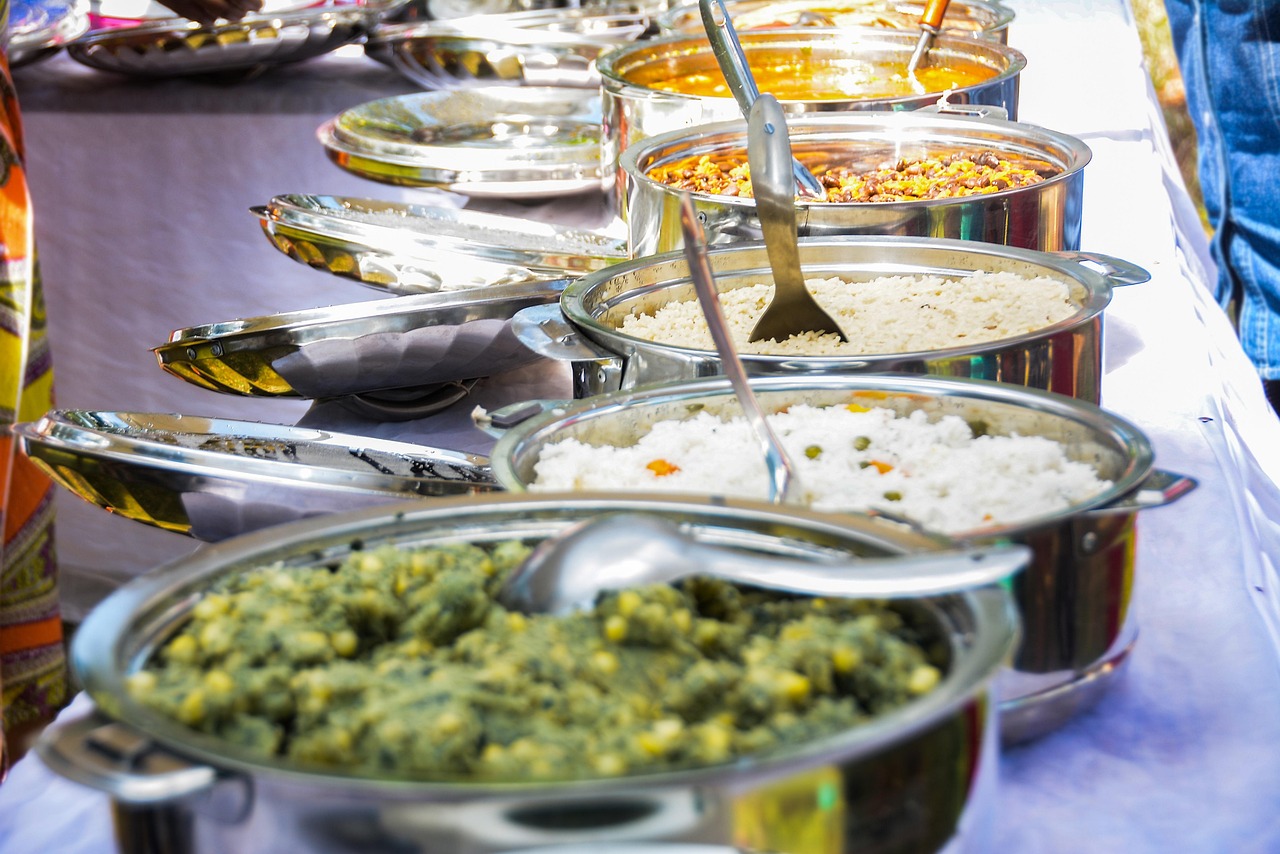
Across Africa, food is more than a meal – it’s a shared experience that reflects history, geography, and community. Every region has its own specialties, but the idea of hospitality through food is universal. Meals often begin with a greeting, a story, or a prayer, and they’re meant to be enjoyed together, not alone. For travelers, exploring African cuisine offers one of the most direct ways to understand its people and traditions.
North Africa
In North Africa, flavors are layered with spices like cumin, cinnamon, and saffron – a reflection of centuries of trade across the Mediterranean and the Sahara. Dishes such as tagine in Morocco or couscous in Tunisia tell stories of family gatherings and shared tables. Visitors can join local cooking classes in Marrakech or Fez, visit spice markets, and learn how traditional bread is baked in communal ovens that still serve entire neighborhoods.
West Africa
West African cuisine is bold, colorful, and communal. Staples like jollof rice, suya (spiced grilled meat), and egusi soup are central to celebrations and everyday life. Street food is a cultural highlight – from the smoky aroma of grilled fish in Ghana’s markets to fried plantains sold from roadside stalls in Nigeria.
Food festivals, such as the Lagos Food Festival, have become major cultural events, bringing together chefs, farmers, and travelers interested in local ingredients and traditions.
East Africa
In East Africa, food connects communities across borders. Ugali (maize porridge) and nyama choma (grilled meat) are served in homes and roadside eateries alike. Ethiopia stands out for its distinctive cuisine – injera (a sourdough flatbread) is eaten with stews like doro wat, and meals are shared from a single platter.
Coffee also plays an important cultural role. In Ethiopia and Kenya, travelers can take part in traditional coffee ceremonies, where roasting and brewing are performed slowly, emphasizing hospitality and mindfulness.
Southern Africa
Southern Africa’s culinary identity is shaped by both indigenous traditions and global influences. The braai – a communal barbecue – is central to social life in South Africa, while bobotie, a spiced baked dish with Cape Malay roots, reflects centuries of cultural blending. In coastal areas like Mauritius and Mozambique, seafood dominates, with flavors drawn from African, Indian, and Creole cooking.
Wine regions such as Stellenbosch and Franschhoek offer travelers the chance to experience local pairings of food, wine, and history through guided tastings and vineyard tours. Exploring cuisine is one of the most approachable forms of cultural travel in Africa, offering insight into the daily lives and shared customs of its people.
Across Africa, food invites travelers to connect with people on a personal level. Sitting down for a shared meal – whether in a market, a home, or a roadside café – often becomes one of the most memorable parts of the journey.
Listening to Africa’s Many Voices
Traveling across Africa means discovering a continent defined not by one story, but by thousands. Each region – from the deserts of Morocco to the markets of Ghana, the highlands of Ethiopia, and the coasts of South Africa – reveals a different way of life, yet all share the same spirit of community and connection.
Through language, music, art, and food, cultural travel in Africa gives visitors a deeper understanding of what makes this continent so unique. It’s not just about observing traditions but taking part in them – whether that means joining a village celebration, tasting a family recipe, or learning a few words in the local language.
For travelers looking to go beyond sightseeing, Africa offers experiences that feel personal, grounded, and unforgettable. It’s a reminder that culture isn’t found only in museums or monuments – it lives in everyday moments shared between people.
If you enjoyed exploring Africa’s cultures and communities, take a look at more of our guides and destination stories on our website. We continue to highlight authentic travel experiences that bring you closer to the world – one journey at a time.
Want to read more? Checkout our latest article here.




